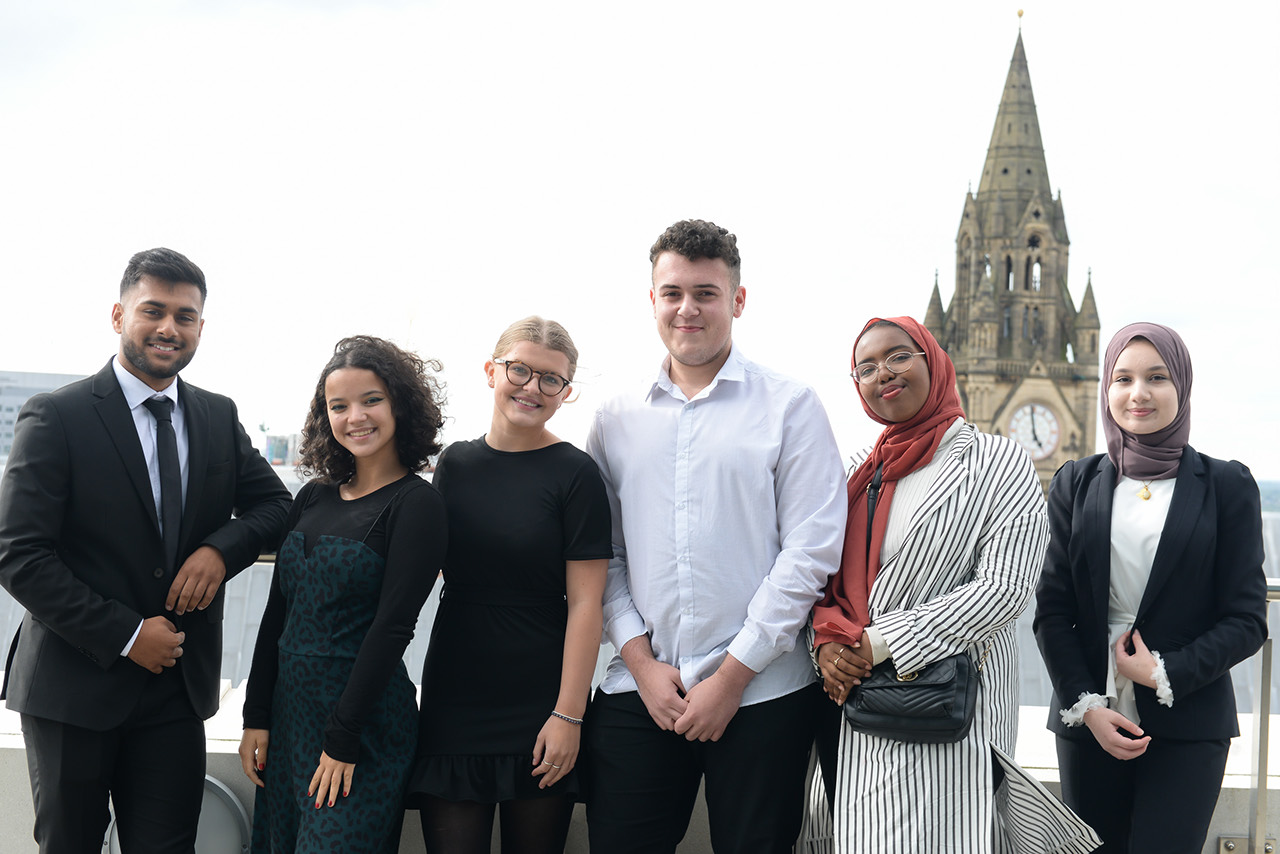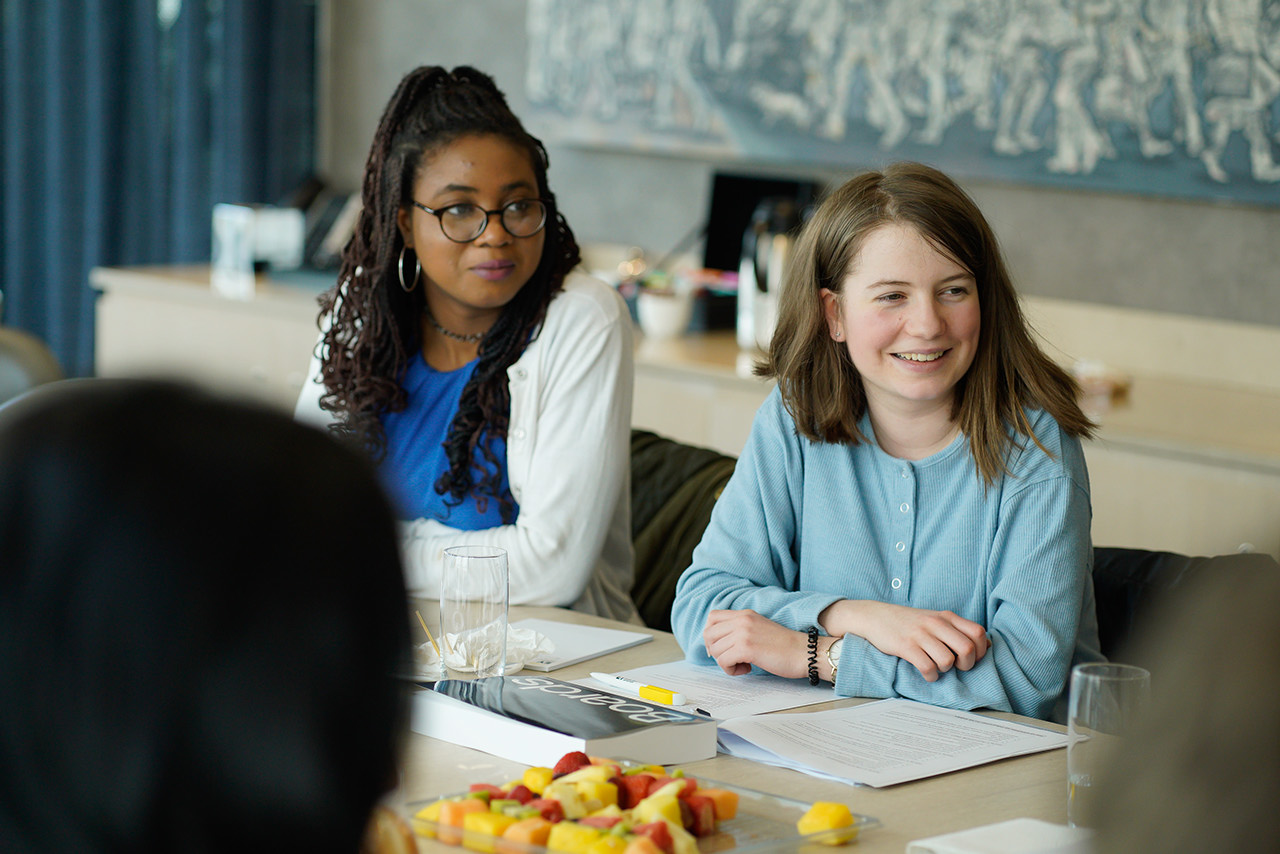The EY Foundation is a charitable company registered in England and Wales and Scotland with registered charity number 1157154 and SC045076. It is also a member firm of Ernst & Young Global Limited

EY Foundation, EY Metaverse Lab, Ofcom and the School of Digital Arts (SODA) at Manchester Metropolitan University collaborate to understand the impact of the metaverse on social inclusion.
The metaverse is a fast-approaching reality, described as a 3D version of the internet, promising a transformation in the way we live. It can be experienced as augmented reality, connecting the physical and the digital to virtual reality to facilitate full immersion in an interactive 3D virtual environment. But what will it mean for those parts of society too easily left behind? the EY Foundation is taking an innovative approach to answering this question.
Launching today, the charity is working with award-winning artist, Alina Akbar and young people from low-income backgrounds from across Greater Manchester, to generate fresh insight into the action needed to ensure the metaverse is fully inclusive, no matter your background.
Concluding later this summer, this new approach to understanding the impact of the metaverse on social inclusion will result in a set of recommended actions for government and technology companies. Sitting alongside these proposals will be original artwork from Alina to bring a visual interpretation to the issues identified.
To deliver this pioneering approach, the EY Metaverse Lab team from professional services firm, EY will provide the technology know-how, with the School of Digital Arts (SODA) at Manchester Metropolitan University helping to harness the power of art to provide an alternative perspective to a fast-emerging issue.
The collaboration is completed by lead partner, Ofcom. The UK’s communication regulator has responsibility for protecting the interests of the public in the online world, so they need to understand the action that may be required as the web rapidly evolves.
Speaking about the importance of uncovering new insight, Ewan Bennie, EY Foundation Director of Communications and Influence, said: ‘The potential for the metaverse to positively impact how we live is vast, but there is an urgent need to ensure new opportunities are available to those growing up in poverty. We can’t wait to see the ideas that emerge from Alina’s work with a group of young people who may spend much of their future living in this new virtual environment.’
Alina Akbar, currently exhibiting at Manchester Museum, said: ‘This project fascinates me because of the opportunity to take a new approach to exploring my passion for authentic and ethical working-class representation in society. I’m thrilled to take this journey of discovery with young people who share a similar background to me.’
To create equitable experiences in the metaverse that people will want to participate in, we must think about technology through the lens of the human condition and consider questions of accessibility. I know this is a critical aspect of the EY Foundation’s work, and I am delighted to support this initiative to bring together artists and technologists to explore ways to use new technologies to create positive human impact.
With the rapid growth of the metaverse, it is essential to consider the actions that need to be taken to maximise the huge opportunities it could provide for young people. This project has the potential to shape how we ensure the online world is an inclusive space for everyone.
We are excited to build on our programme of pioneering research, to use creativity to uncover answers to the challenging questions posed by the Metaverse. We are also delighted to be hosting the workshops at our state-of-the-art facilities, and are exceptionally proud that Alina, the lead artist in this project is one of our alumni.


